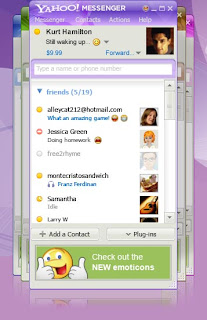Most of the Linux Operating Systems are available in .ISO format for download via internet . After downloading the iso file , How to burn the ISO file to CD or DVD ? I found two free tools which can complete your task .
Active@ ISO burner : Active@ ISO Burner is a freeware application that will allow you to burn an ISO image file to CD-R, DVD-R, DVD+R, CD-RW, DVD-RW, DL DVD+RW, HD DVD and Blu-ray Disc.
Steps to create a CD after you have downloaded Active@ ISO Burner:
- Download the ISO CD image to a folder on your computer.
- Insert a blank CD in your CD-RW drive.
- Run Active@ ISO Burner.
- Type the path to ISO image file or click Browse button to locate it via standard File Open dialog.
- Click the [BURN ISO!] button to start the process of writing ISO image to CD.
For more details of active@ ISO burner , Go to this page .
Deepburner : DeepBurner comes loaded with an extensive list of practical and amazingly valuable features that will totally satisfy your burning needs. These start from compiling your CDs and DVDs in different formats and ending with the creation of fascinating photo albums and rock solid, reliable backups.
There is pro version of this software also available for which you have to afford some $'s .
You might find these interesting !!
How to create Live Linux version ?
50 MB linux
If you know any other free application that can be used to burn a ISO file , post it as comment .
For more softwares of this kind , , Subscribe to Technova feed or click here to get updates
Deepburner : DeepBurner comes loaded with an extensive list of practical and amazingly valuable features that will totally satisfy your burning needs. These start from compiling your CDs and DVDs in different formats and ending with the creation of fascinating photo albums and rock solid, reliable backups.
There is pro version of this software also available for which you have to afford some $'s .
You might find these interesting !!
How to create Live Linux version ?
50 MB linux
If you know any other free application that can be used to burn a ISO file , post it as comment .
For more softwares of this kind , , Subscribe to Technova feed or click here to get updates






























